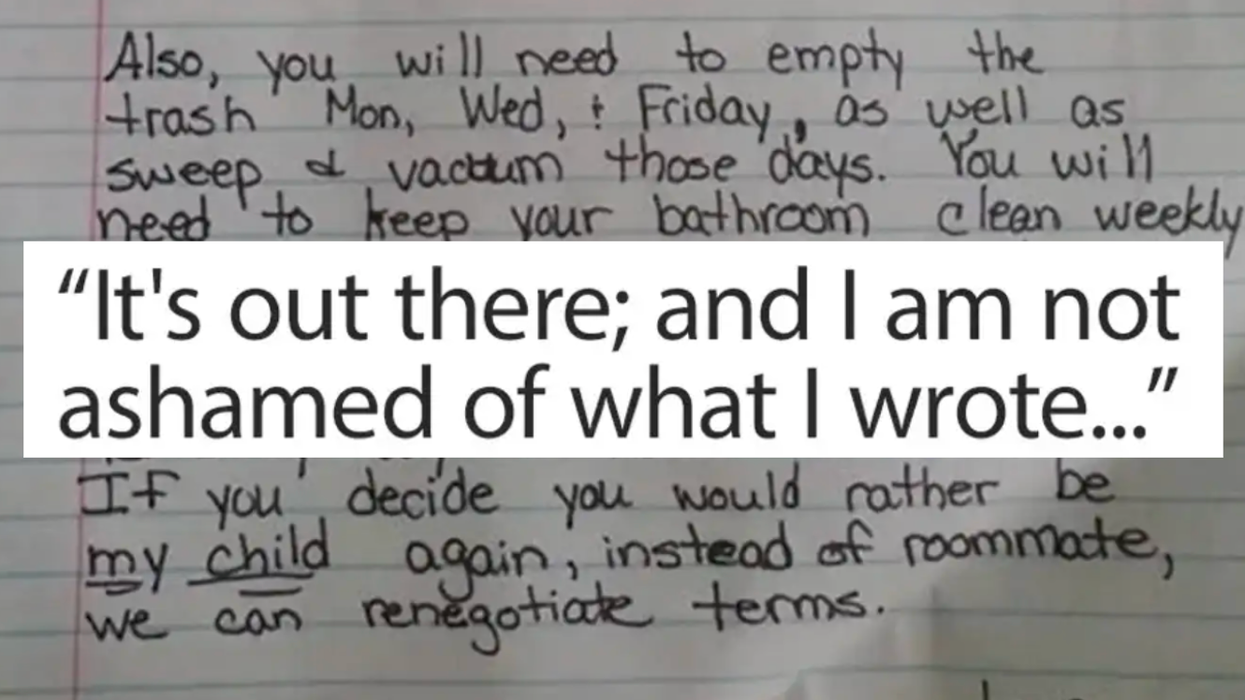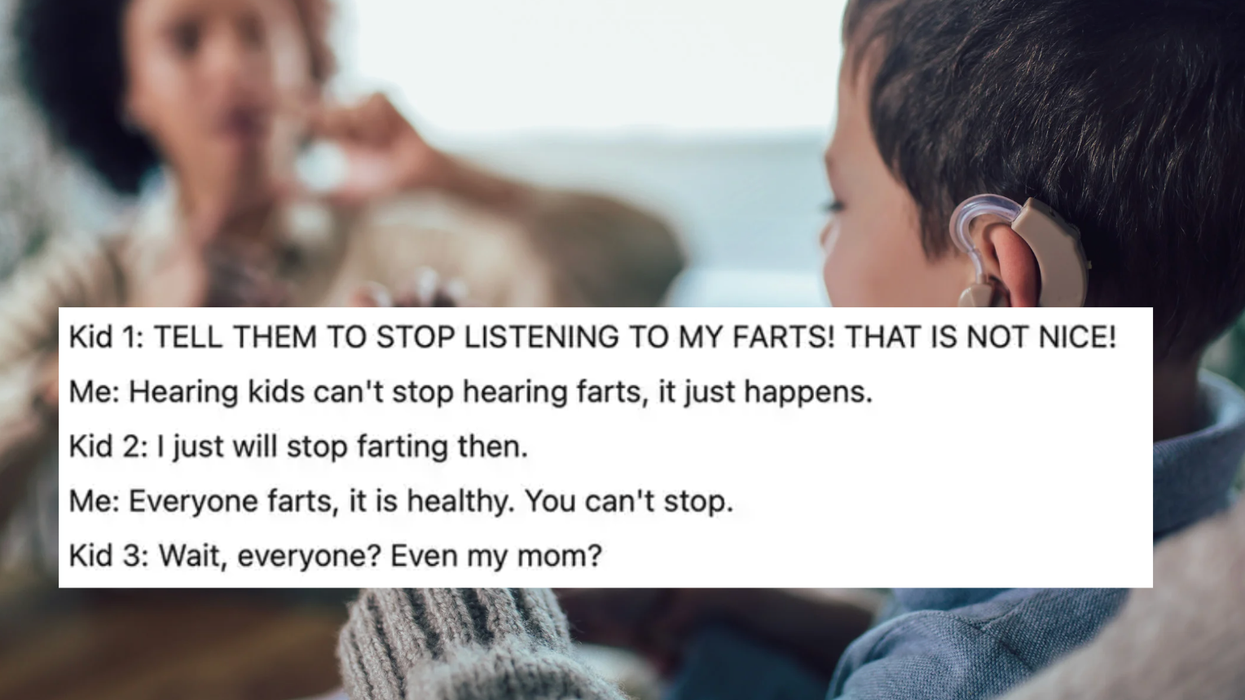In July, one of the nation’s strictest immigration laws took effect in Georgia. HB 87, modeled on Arizona’s controversial SB 1070, has gotten a tiny fraction of the media attention of its predecessor, but it’s having similar effects on immigrant families. The bill authorizes police to investigate many suspects’ immigration status, requires employers to take extra steps to verify workers’ legal status, and criminalizes the transport of undocumented immigrants. The law threatens to separate families, decrease reporting of crimes like domestic violence and sexual assault, increase racial profiling, and hurt businesses.
In response to HB 87’s passage, 25 women leaders from human rights organizations around the country formed the We Belong Together initiative and set off for Atlanta—reuniting after a similar event in Arizona last year—to discuss the human cost of these laws and give immigrant women a safe space to share their stories. The delegation spent the past week in Georgia, interviewing women who have been affected by the new law. (Some names have been changed to protect the women’s identities.)
Alicia A. has lived in Georgia for eight years. She works in for a landscaping company, is the mother of a young child, and is active in the struggle for immigrant rights. Alicia is undocumented. She says she now she feels threatened whenever she takes her daughter to the hospital or even to school.
The police have placed checkpoints along roads in immigrant communities. Alicia’s daughter suffers from a serious medical condition that causes convulsions in her sleep. She has driven without a license to take her daughter to the hospital many times. One day, two years ago, she was stopped at a police checkpoint on her way to the pediatric hospital with her daughter, who had a high fever and pneumonia. The police officer spoke Spanish, and Alicia tried to reason with him to let her through. The officer told Alicia that she had to wait in line so that they could check every car. She waited 30 minutes with her sick daughter before she was told she would be arrested for driving without a driver’s license. A woman walking by offered to drive her car and take them to the hospital, and the police let Alicia and her daughter go. She stopped driving after that.
Claudia’s husband came to the United States first, then sent for her in 2006. Soon after she arrived, he began beating her on a weekly basis. She never called for help because she was afraid of the police. One day she went with her husband to get documentation for her son and was caught by the authorities. She was immediately deported. Her husband kept her son. He told her that he would send her son back to Honduras, but he never did. She had no contact with her son for over a year.
Claudia eventually made it back to the United States to be with her family again. But her husband still beat her regularly, and she has a scar on her face as a result of his violence. She had a job but couldn't drive, so a friend from work drove her until her husband assaulted the friend with a knife. One time, her husband chased Claudia and her son with a knife. A neighbor called the police, and her husband was arrested but released. Soon after he got home he called the police and told them that Claudia was harassing him. The police came to the house and asked for her name. She was scared so did not tell them but was still handcuffed and taken to jail. When they arrested her, there was nowhere else for her son to go, so he was left with his father, who beat him. She was finally released, but with a GPS tracker. More recently, she went with a friend to buy groceries, and they were stopped by the police. When the police asked Claudia to confirm her birth date, she was very scared and made a mistake with the year. She was immediately handcuffed and arrested again. Now, she is scared to call the police.
“You don't know if they will arrest you or the person that is hurting you,” Claudia says. She has constant nightmares of law enforcement coming to arrest her. The only thing she wants is to live in peace with her son.
Melanie is one of the best students at her school, and when she found out about what HB 87 would mean for her family—making it difficult for them to stay in Georgia—she asked her Girl Scout troop to help her write a letter to the governor. Melanie doesn't even know Mexico—her home is in Georgia. The governor has yet to respond to Melanie’s appeal.
Alicia M., Melanie’s mother, says that sometimes it is hard to contain her frustration. “We are like any working family, working hard for the little we have. We pay taxes. We pay our own medical insurance. And still police stop people for their skin color.” Alicia feels lucky that, after living in Atlanta for nine years, they have never been stopped. Still, she is not sure whether they will stay in Georgia. It is getting more and more difficult to live there, she says.
Lupe shares what's been happening in the community since HB 87 went into effect: “The community is paralyzed with fear. We feel it all day. Many people who go out to work, when they come home, they shut themselves in their homes out of fear of being put in detention or deported. Who suffers? The children suffer because the parents aren't able to take them out. This law has real effects.”
Lourdes, who has been in the United States for 12 years, needs a job to support her family, but is not able to get one. Whenever she applies, they always ask her for a license. Lourdes can’t get one. Her oldest child has been able to go to college, but once he graduates with an engineering degree, he won't be able to practice his new profession because he is undocumented. Her other son is 18 years old will graduate high school soon. Lourdes is looking for a job so that she can afford college tuition.
She calls ICE’s Secure Communities enforcement program “Insecure Communities.” She fears living here now. She wants her children to have opportunities, to pursue their chosen professions. Lourdes’ family has talked about going back to Mexico, but her children don't want to; they have lived here their whole lives. Georgia is their home.
Mariana Viturro and Chris Harley contributed to this article.
Photo courtesy of We Belong Together.
















 Otis knew before they did.
Otis knew before they did.